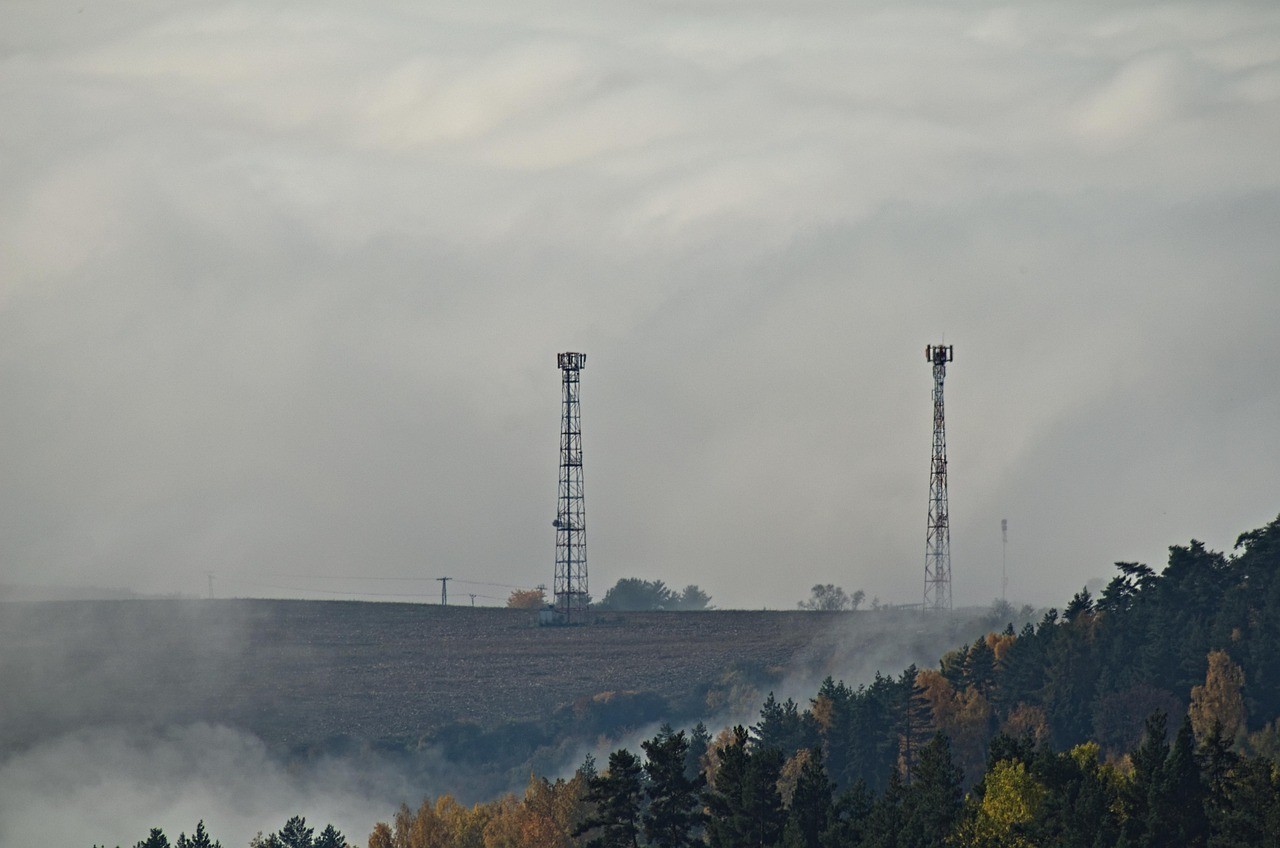The Truth About 5G: Is It a Conspiracy or the Future of Connectivity?
Technology
5G, the fifth generation of mobile communications, promises super-fast speeds, low latency, and the ability to connect billions of devices. But the introduction of 5G has been accompanied by a wave of conspiracy theories, ranging from health risks to surveillance scenarios. Is 5G really dangerous, or is it the technology that will shape our future? The scientific community largely agrees that the non-ionizing radio waves used by 5G at current power levels have no harmful effects on human health. The studies cited by conspiracy theorists are often flawed or misinterpreted. Nevertheless, there are concerns about the increased density of antennas and the potential cumulative exposure, which requires further research. Aside from health concerns, there are also fears of comprehensive surveillance. 5G's ability to network a huge number of devices could theoretically lead to unprecedented data collection. This raises important questions of data protection and privacy that need to be addressed through appropriate laws and regulations. On the other hand, the potential benefits of 5G are enormous. It will drive the development of the Internet of Things (IoT), enabling smart cities, autonomous vehicles, and a connected industry. Telemedicine, virtual reality, and augmented reality will reach new dimensions through 5G. It could fundamentally change the way we work, learn, and live. The debate about 5G shows how important it is to separate scientific facts from misinformation. Open and transparent communication about the technology, its benefits, and its potential risks is crucial to gain public trust. The future of connectivity will be shaped by 5G, but it is up to us to ensure that it is used responsibly and for the benefit of all.









